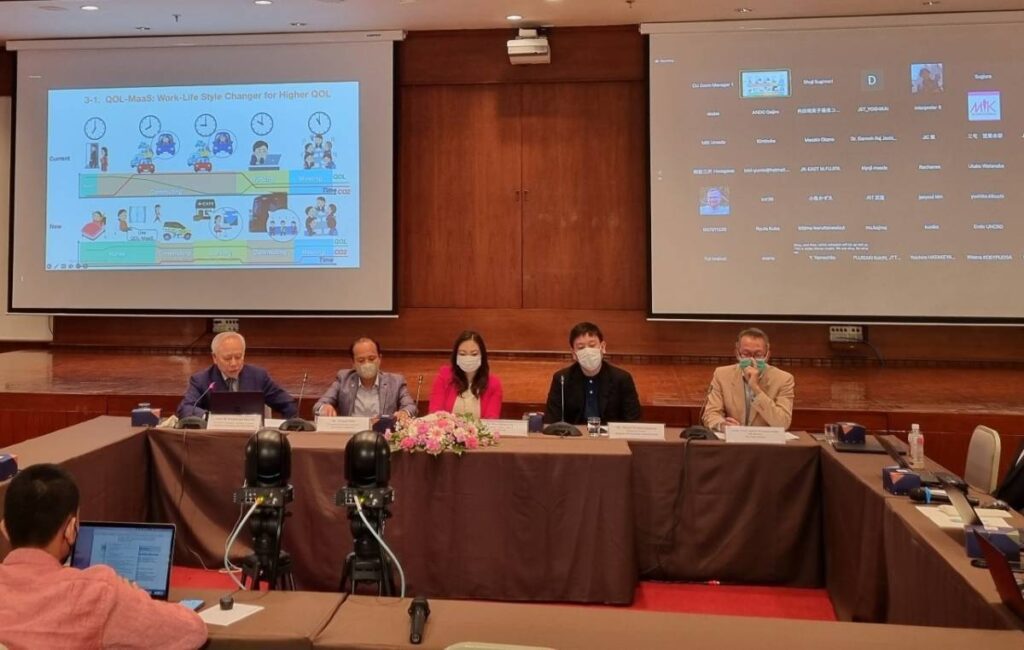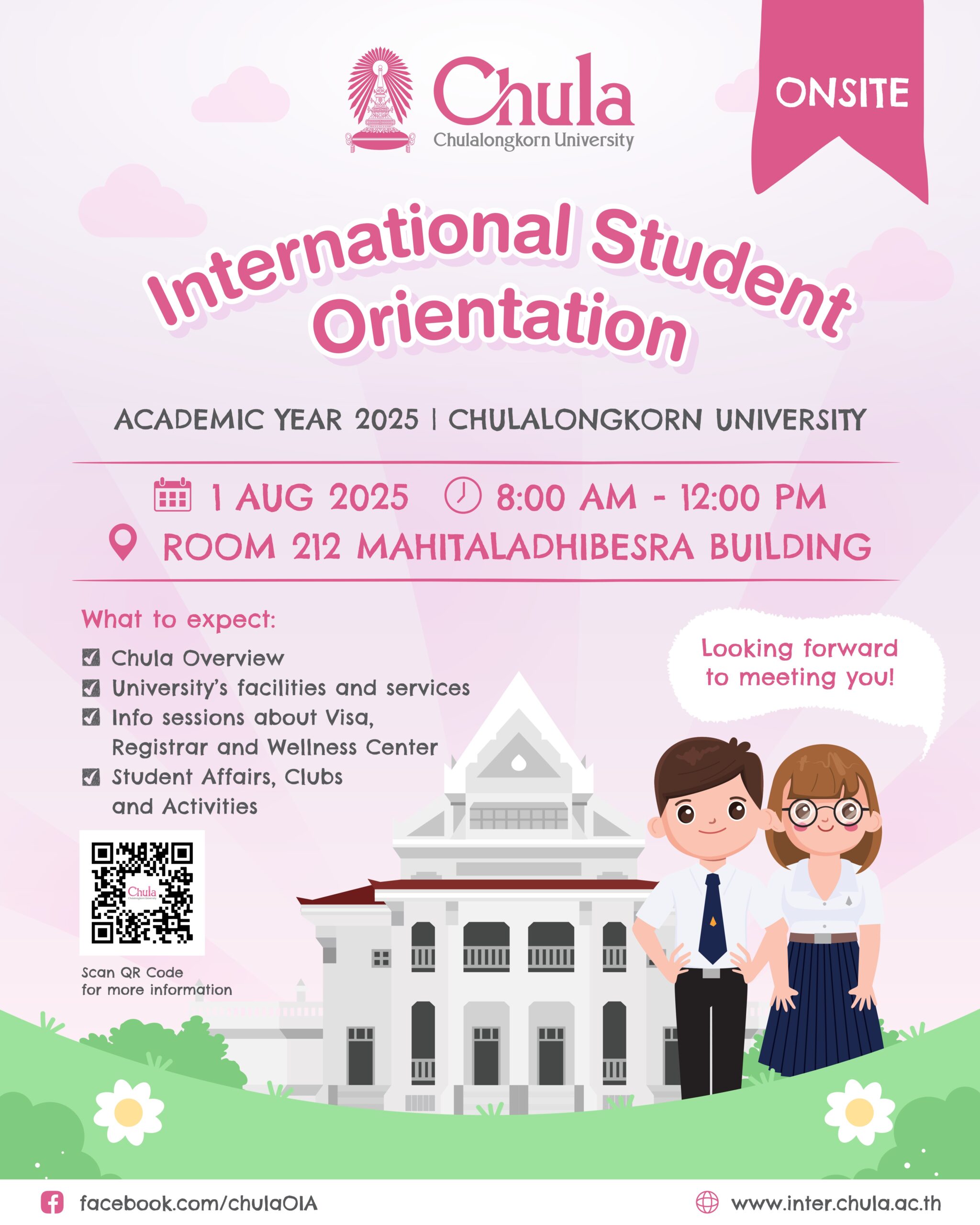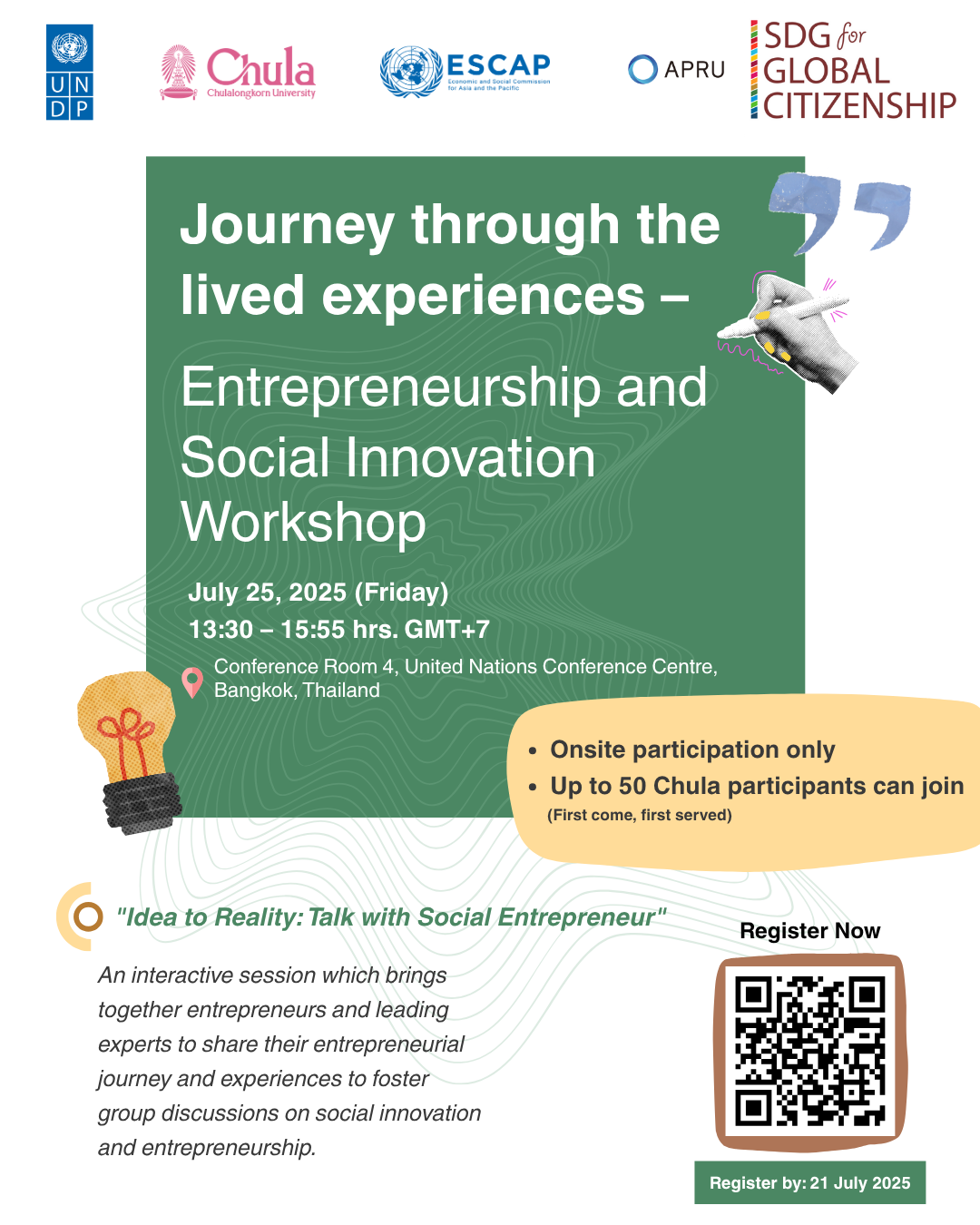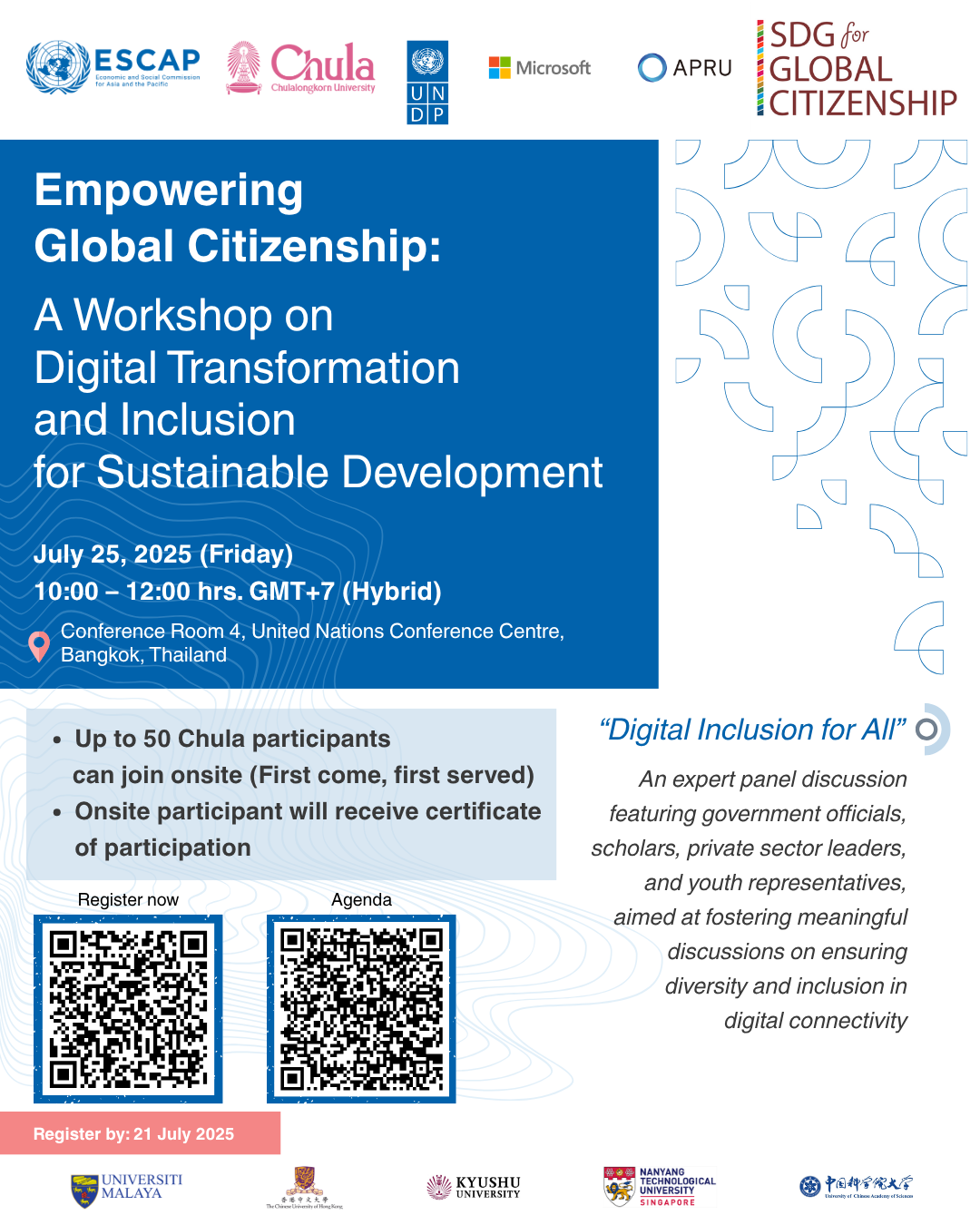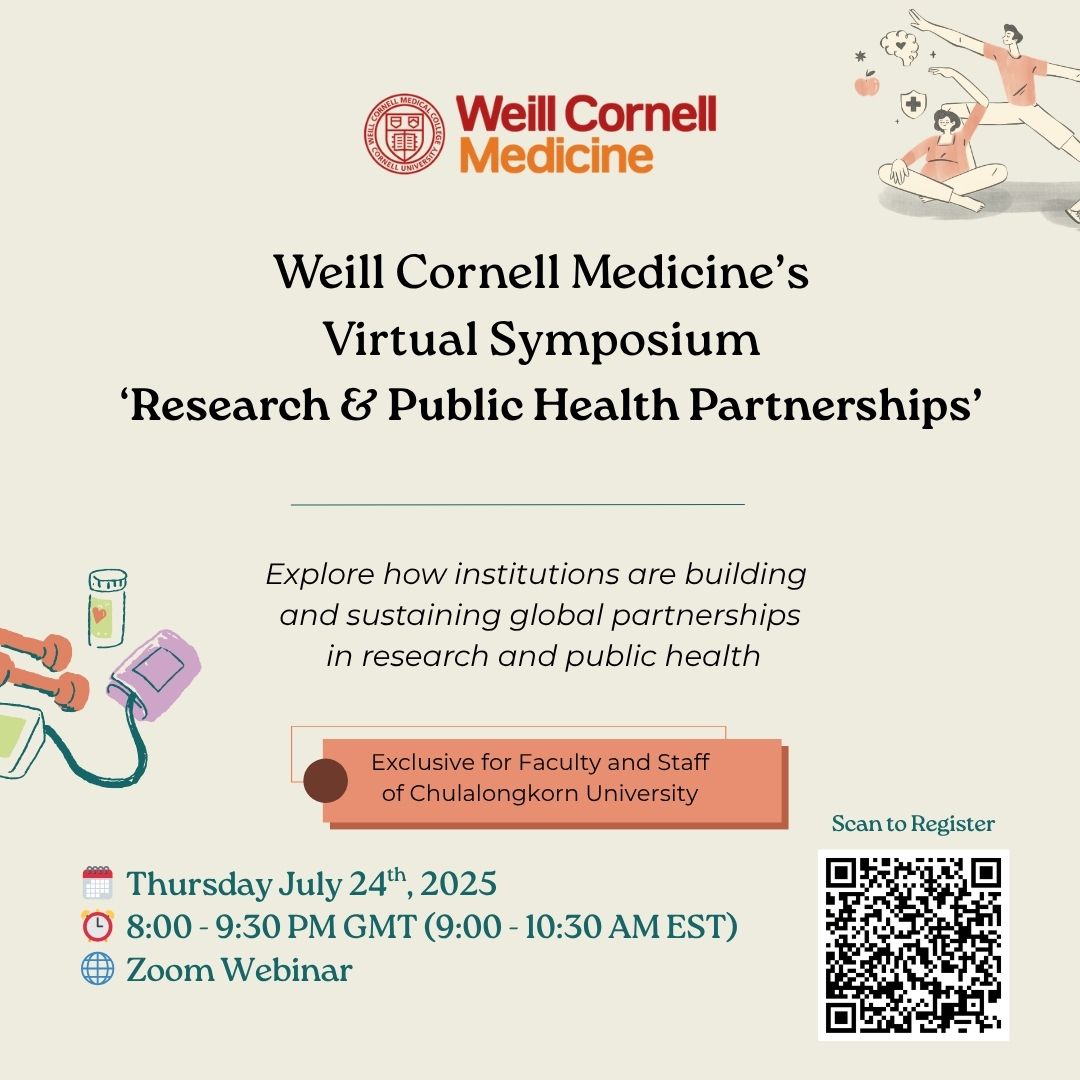Report on the Symposium to Commemorate the 50th Anniversary of The Club of Rome Publication, ‘The Limits to Growth’

To commemorate and reflect on the 50th anniversary of The Club of Rome’s publication, “The Limits to Growth,” a report which raised serious concerns about the implications of population and industrial growth to the sustainability of the world, the Japanese Association of The Club of Rome and Chulalongkorn University co-organized a hybrid international symposium titled “Transforming Mobility for Humanity” on December 14th, 2022.
The symposium, which was participated by policy makers, public leaders, academics, and practitioners from civil society, international organizations, and corporate sector, strengthened Chulalongkorn University’s local, regional, and global engagement and partnerships aiming to achieve the UN SDGs.
In his welcoming remarks, Professor Dr. Bundhit Eua-arporn, President of Chulalongkorn University, situated sustainable mobility transformation in the context of the University’s overarching mission in “supporting innovations for society” and emphasized that “Participatory approach and partnerships are indispensable tools in spurring innovation.” He affirmed that , “With our continued collective efforts, I am confident we can inspire new action and policy innovation to mitigate societal challenges of our time.”

The symposium was organized into two sessions: policy dialogue and roundtables. The Policy Dialogue Session, which include keynote address by Prof. Yoshitsugu Hayashi and key messages from Bangkok Metropolitan Administrationprovided the opportunity for deep reflections and ideas to act on ‘Sustainable Mobility for All”. Mr. Ahmad Rifai addressed the importance of citizen participation in designing safe and secure urban mobility especially by taking into account the voices of vulnerable and marginalized groups including low-income people, the elderly, and the disabled. Dr. Wei-Shiuen Ng emphasized the need for a sectoral and regional collaboration approach in the development and implementation of transport policy.

The Roundtable Discussion identified sustainable mobility solutions and strategies for the futures, particularly the highlight on MaaS (Mobility as a Service) concepts to overcome the global warming problems by promoting modal shift from private car use to collective mobility. Dr. Apiwat Ratanawaraha envisioned the Futures of Bangkok Mobility 2042 as a low carbon mobility in compact city (urban reconcentration) which improve livelihood and promote sustainable urban mobility. Dr. Fumihiko Nakamura presented advanced practices of MaaS from the perspectives of system integration and policy implications. Dr. Pawinee Iamtrakul discussed QOL (Quality of Life) evaluation for Bangkok and demonstrated how QOL can be improved through transport management and planning. The presentations from the symposium will be compiled into an English publication by Asian Development Bank Institute Press to benefit a wider public.

Mobility is not natural but “made” by humans; thus, redesigning it is our responsibility. Transforming mobility thus means transforming the whole society and this requires fundamental rethinking on everyone’s part from car-focused to human-centered mobility to build a better and sustainable futures together. The direction is clear and the initial course has been set but this depends on how we want to live in the future.
